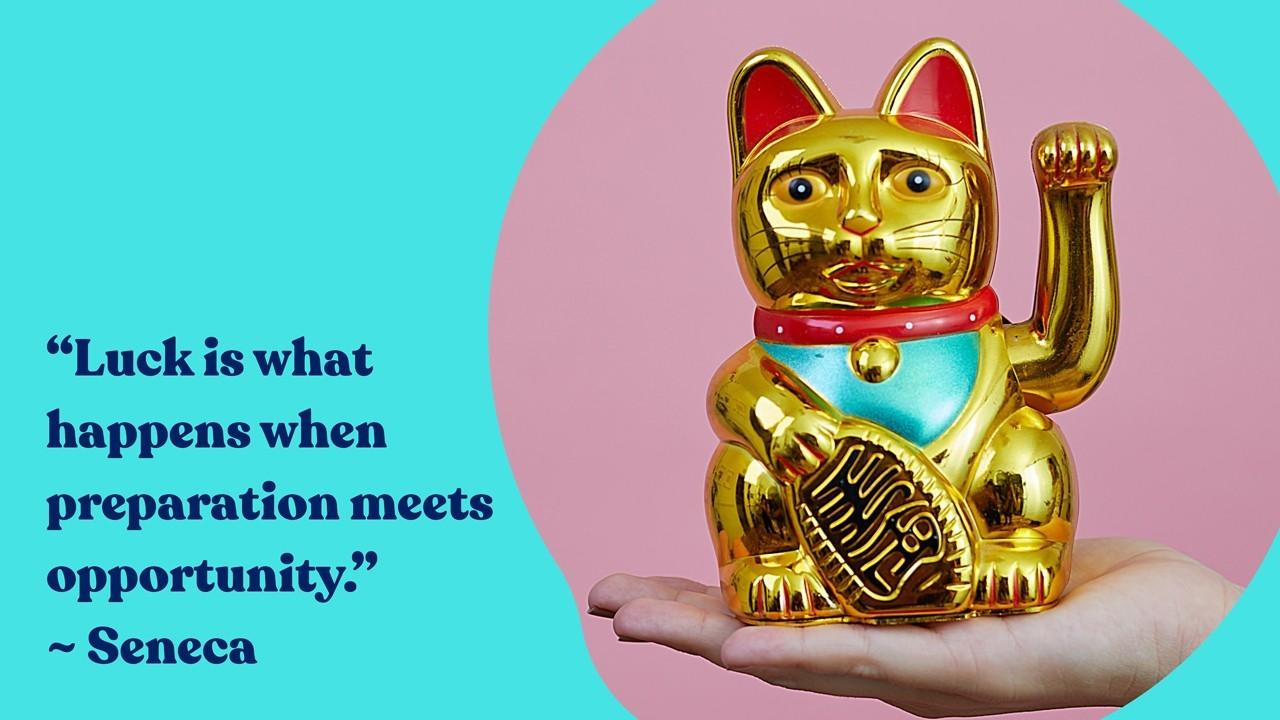WHAT YOU SAY YES TO DETERMINES WHAT YOU SAY NO TO

My dear friend Susan Ryan, a brilliant artist and business coach, said this to me in the early days of Cavill + Co. It became a favourite saying, one that my students loved.
But like all sayings, it took me experiencing it to truly get it. One day, I had several deadlines to meet and I’d made a promise to my man, Tyrone, that I’d finish on time (for once) and we’d cook dinner together. We both run our own businesses, so quality time together is scarce. Stupidly, I answered the telephone which involved long, unnecessary conversations with persistent salespeople - basically frittering away my day. Because I’d made commitments to clients and firm deadlines, I simply had to complete my work. This meant that I wasn’t finished when Tyrone got home and yet again, I’d broken a commitment to spend quality time with him. In that moment, I ‘got it’.
I’d put all these relatively unimportant people and tasks ahead of the most important person in my life. Because I’d said YES to them, I had to sai...
7 STEPS TO CORPORATE PARTNERSHIP SUCCESS Part 2

The BePartnerReady.com® program guides you through 7 critical steps as you implement them within your organisation and move closer to success. In Part 1 – blog we covered step 1: SWOTA) and Step 2: Assets Inventory and Valuation. Here we cover the remaining steps 3-7.
Before beginning the process it’s important to understand what precisely you want from a corporate partner. There’s more to a partner than just funding – download this infographic detailing the 7 benefits of a corporate partnership.
If you would like to discover what a corporate partner could mean for you and your organisation, sneak into our program before 1 July to create your Corporate Partnership Intention
Our process enables you to gift-wrap programs/campaigns/events for sponsorship (giving you ‘tied’ funding) but also package up partnerships, which invariably provide significant ‘untied’ funding. It’s flexible enough to adapt to all four purses that contain funding and numerous benefits, especially the CSR and...
7 STEPS TO CORPORATE PARTNERSHIP SUCCESS Part 1

It’s no secret that winning corporate partnerships is challenging, especially now with a recession on our doorstep. Failing to secure a partner after months of hard work is one thing. Securing the wrong partner – that can result in over-servicing, staff burn-out or even a damaged reputation.
The needs of your community will be immense, and you’ll be asked to Do More in a myriad of different ways. You’re going to need the support of the Business and Corporate sector. However, they are going to want to partner with progressive, impactful, purpose-driven organisations in mutually beneficial partnerships – there will be no room - or spare cash - for handouts in 2021.
No matter how clever, connected, or hard-working you are, there’s one monumental thing standing between you and success –your state of readiness.
We make a BIG thing of readiness, it’s why it’s in our name, because it’s the primary reason that non-profits fail at corporate partnerships. To win co...
WHAT YOU’RE MADE OF MATTERS Part 2

In the last decade we’ve seen different kinds of companies emerge, to meet the demands of a newly conscious consumer. The dot-com revolution has already spawned some incredibly successful companies, run by entrepreneurs who have a strong sense of purpose, which is embedded into the company culture – for example Atlassian, an Australia software success story.
As we said in Blog 8, which looks at corporations, public companies, NGOs and franchise operations, if you want to partner with the commercial sector, it’s important to understand their makeup.
Let’s look now at those organisations that are rewriting the rules of business:
Private company
A private company is privately owned, for example, KPMG and Cotton On Group, and may not receive as many proposals from non-profits as public companies. If they’re a ‘challenger’[1] brand (like Karma Cola, Dodo, Airbnb & Ola) they could be a good prospect because they’re renowned for having a strong social purpose at their core, and keen to d...
WHAT YOU’RE MADE OF MATTERS Part 1

The most innovative and wealthy sector – Business & Corporate – will come through this crisis leaner and stronger. However, if you want to partner with them, it’s important to understand their makeup. No two companies are the same, and yet their structure and legal obligations will certainly influence the way that they go about partnering with causes.
There’s a handful of different legal structures that ultimately impact a company’s motivation for partnering, as much as their culture does. Let’s take a look:
Corporation
A corporation is like a person - it has an identity that is separate from its investors and workers, and has its own legal rights and responsibilities. A Corporation has a legal obligation to return a profit to shareholders. If they practice ‘philanthropy’, its likely they’ll do it in a structured way, such as through a Foundation.
In recent times, shareholders have begun to realise that companies have additional obligations to the community and environmental sustai...
TO BE TIED OR NOT TO BE TIED, THAT IS THE QUESTION

We all know cash is like oxygen for any company or non-profit, but some forms of cash certainly make you breathe easier. Corporate partners can provide both ‘tied’ cash, for specific vital programs and events, but also significant ‘untied cash’. How would you feel if a large chunk of your daily operating costs – salaries, rent, utilities, fundraising expenses and so on – were covered by a corporate partner?
How relaxed would you feel if you had cash in reserve, for a ‘rainy day’ or if an income stream dries up or, dare we mention it, a global pandemic or recession? Research suggests that the majority of non-profits have less than 6 months cash in reserve for lean times.
In my experience of working for a global non-profit, I’ve found that so many income streams provide ‘tied’ funds, that is, the donor requires the money to be spent on something specific. Government and philanthropic grants, bequests, major gifts, crowdfunding are often tied. So, I was very excited to learn that corpor...
CASH IS NOT THE ONLY KING

Cash is king in a non-profit, so it’s worth examining your annual costs to see how they can be reduced. It’s a lot easier to save a dollar than to earn a dollar, especially in a recession.
Partnering with a corporate is a fantastic way to bolster your organisation; very few income generating-strategies bring so many rich and diverse rewards. Partnering with a company or brand should absolutely provide financial assistance to enable your organisation to operate, that’s a given. Beware of merely focusing on the bottom line, because there’s a variety of juicy benefits available. Tapping into a corporate partner’s expertise and resources can improve your efficiency, spark innovation and reduce costs.
Physical resources and goods in kind (GIK): Non-profits can utilise their partners’ office space (for conferences and meetings), technology (Zoom, video-conferencing), second-hand computers, recording studios, etc.
When Hailey worked with The Leukaemia Foundation in the late 1990s, they wer...
CORPORATE PARTNERSHIPS – SO MUCH MORE THAN DOLLARS

It’s no understatement to say that everything’s changed. For many changemakers, May is going to be tough. If I’ve learned one thing from working with Hailey on BePartnerReady.com®, it’s this: when the world is spinning out of control, you just have to keep going. When I’m handed lemons, I make Vodka Sours.
No matter how the world evolves in the coming months, companies will reinvent themselves and become keen to partner with non-profits. If anything, they need the halo effect that a cause partner brings, now more than ever.
There are many more benefits to a corporate partnership than just income, and if your organisation views a corporate partner as simply a line item in the budget, then a great opportunity is squandered. Corporates can enhance so many facets of your organisation, including increasing your organisation’s awareness of its brand, impact and overall credibility in the eyes of the corporate sector.
CORPORATES INCREASE YOUR:
- Brand Awareness: When a corporate partner p ...
TIMING IS EVERYTHING

In entertainment, the power of a well-timed punchline relies on great timing - and the preparation leading up to it.
In business, it means predicting an opportunity created by external change. Such as a crisis which creates new customer needs (Amazon, Netflix & Zoom to name a few) or an innovation such as the internet which spawned online businesses like ETSY, enabling struggling artists to access a global market.
Entrepreneurs and all large companies have people working around-the-clock on surviving the current crisis, as well as predicting and preparing for the opportunities that will eventuate.
How is the non-profit sector preparing? Are you ready to put your dancing shoes on?
A brilliant dancing coach teaches you perfect timing – and I’m experienced in dancing with corporates. Up until December 2019, there were two aspects to readiness – Organisational Readiness and Partner Readiness. More on the third later.
- Organisational Readiness
Over the last 2 decades we’ve worked w...
INNOVATION FROM A RECESSION

Whilst it’s totally natural to be fearful of a recession, history reveals that innovative companies make the most of disruption. Entrepreneurs see new customer needs and wants, and create modern products and services to meet them.
The last economic downturn in Australia (and a full recession around the world) was in 2008. Companies that failed to adapt to change – like Blockbuster, Kodak, and Toys R Us, unfortunately collapsed.
It’s hard to imagine life without Instagram, WhatsApp, Uber, Airbnb and Dropbox, and yet they all took advantage of change and low interest rates during the last recession and built billion-dollar businesses. In Australia, start-ups like Airtasker, WeWork, Zoom and Go Fund Me flourished.
Further back, in the 1800’s, the USA suffered a 20-year depression triggered by the Vienna stock market crash. Companies that emerged from this tough period include Eli Lily, IBM, Merck, Gillette and J&J – now billion-dollar giants still thriving today.
In boom times, when e...

